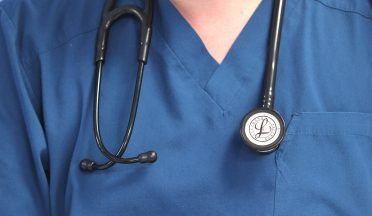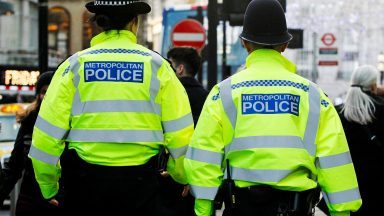Guidelines on managing the effects of “long-Covid” in Scotland have been published by a group of experts.
The recommendations include providing extra support and raising awareness to help improve access to care, as well as more proactive follow-up of people from vulnerable groups.
Scottish Intercollegiate Guidelines Network (SIGN), National Institute for Health and Care Excellence (NICE) and the Royal College of General Practitioners (RCGP) set out their guidance on Friday.
Safia Qureshi, director of evidence for Healthcare Improvement Scotland, said: “The publication of today’s guideline is an important stage in making sure that people who are experiencing long-term effects from Covid-19 get the right care and support that they need.
“We appreciate how difficult it must be for people to face so much uncertainty with this condition and the significant impact it can have on people’s quality of life.
“We will update the guideline as new evidence emerges to ensure that patients and the clinical community can access the most up-to-date information on best practice and treatment options.
“We have also produced a version of this guideline for patients, to explain about the care they can expect to receive.
“We would encourage the clinical community to read the guideline and for the research community to embrace the research recommendations, which highlight areas where we believe further work will make a significant difference in our understanding of the condition.”
In a sizeable minority of people symptoms can persist or new ones develop, and can sometimes worsen and have a detrimental impact on their quality of life.
Longer-term problems can include shortness of breath, fatigue, and problems involving the heart, lungs, kidneys, nervous system and muscles and joints.
The guidelines say that people may have ongoing symptomatic Covid-19 if they still have symptoms four to 12 weeks after the starting to.
They have post-coronavirus syndrome if their symptoms have not resolved after 12 weeks.
Joseph Carter, head of Asthma UK and the British Lung Foundation Scotland, said: “We welcome these new guidelines and further clarity on how best to support people with long Covid.
“Many people are facing a long recovery and we’ve heard from lots of people struggling with breathlessness through our post-Covid hub.
“Given the latest estimates that one in 20 people who have Covid-19 suffer with long-Covid, up to 5400 people in Scotland could be experiencing these symptoms and require assistance from respiratory services during their recovery.”
Follow STV News on WhatsApp
Scan the QR code on your mobile device for all the latest news from around the country




























